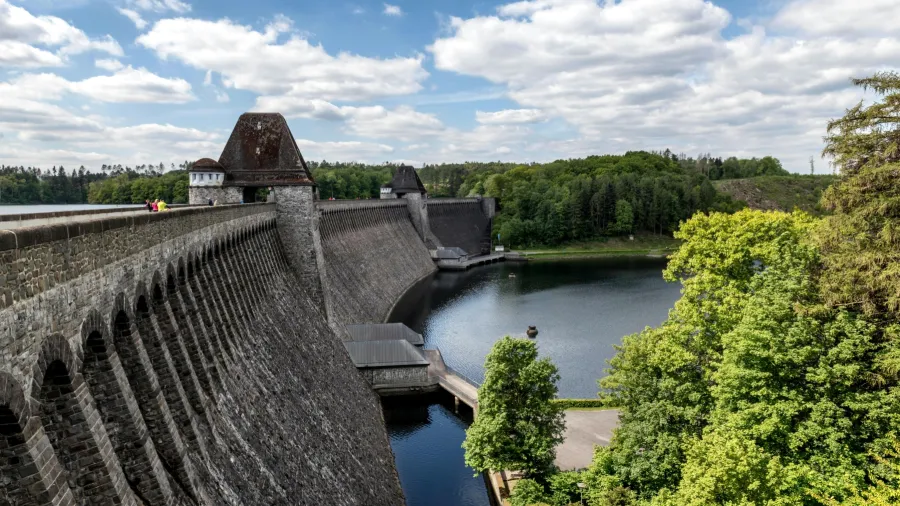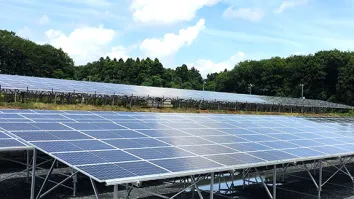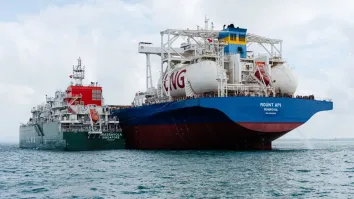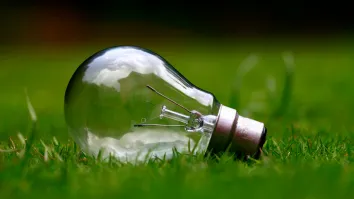
Masdar to study large-scale pumped storage hydro development in Uzbekistan
Uzbekistan aims to reach 6 GW of hydropower capacity by 2028.
Clean energy firm Masdar and Uzbekistan’s state-owned hydroelectric power producer JSC Uzbekhydroenergo signed an agreement to explore the potential of developing several pumped storage hydro projects in the Central Asian nation.
In a statement, Masdar said hydropower plays a significant role in Uzbekistan’s energy mix. The country targets to increase its hydropower capacity from the current over two gigawatts (GW) to 6 GW by 2028.
ALSO READ: Uzbekistan issues tender for 5 hydropower projects
Aside from this, the country also aims to reach 7 GW of solar and 5 GW of wind by the end of the decade.
The partnership is on top of Masdar’s increasing renewable energy projects in Uzbekistan, with the latest project announced in December, composed of 1.4 GW solar and wind projects connected to the grid.
Masdar aims to reach a total of renewable energy portfolio of 100 GW by 2030.


















 Advertise
Advertise







